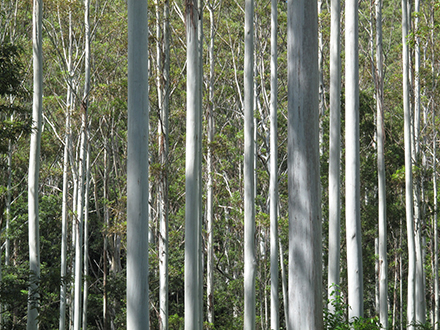Another court case was decided this week that threatened to crush the forestry industry, the timber industry and a raft of other industries that rely on its viability but this one came out in favour of the industry and whether the environmentalists understand it, it has come out in their favour as well.
As we know hardwood timber is necessary and its necessity will not diminish if we no longer harvest it in Australia. We still need it for a great many things including power poles, wharf timbers, high quality architectural features and it is increasing being used in mass timber construction. If we don’t source it from Australian forests, we will source it elsewhere. Other countries are not as careful with their harvesting and regeneration efforts and that often passes unseen in the community.
Much of the hardwood industry’s work is either misunderstood or not understood at all by the general community and the loud cries of the environmental groups drown out the commonsense dialogue of forestry.
As AFCA General Manager Tim Lester points out the Regional Forest Agreements between the Commonwealth and States support the protection of environmental assets while allowing for this sustainable industry to operate.
“The Federal Court has confirmed that RFAs provide an alternative pathway for delivering environmental protection of forests and biodiversity rather than creating a regulatory void,” he said.
“The Regional Forest Agreements are based on striking the balance between environment responsibilities and the needs of our society and community.
“RFAs improve management of the forest and therefore biodiversity and forest health by creating the space for a well-regulated, efficient and effective industry that optimises forest functioning, the protection of high value environmental assets and productivity now and for future generations.
“As an industry we provide a win-win solution that manages and maintains forest landscapes, enables biodiversity to flourish and provides the best integrated climate and emissions solution available today.
“This industry is also incredibly for creating sustainable and high-quality jobs in rural and regional areas, supports local economies and is quite literally helping to build the nation.”






